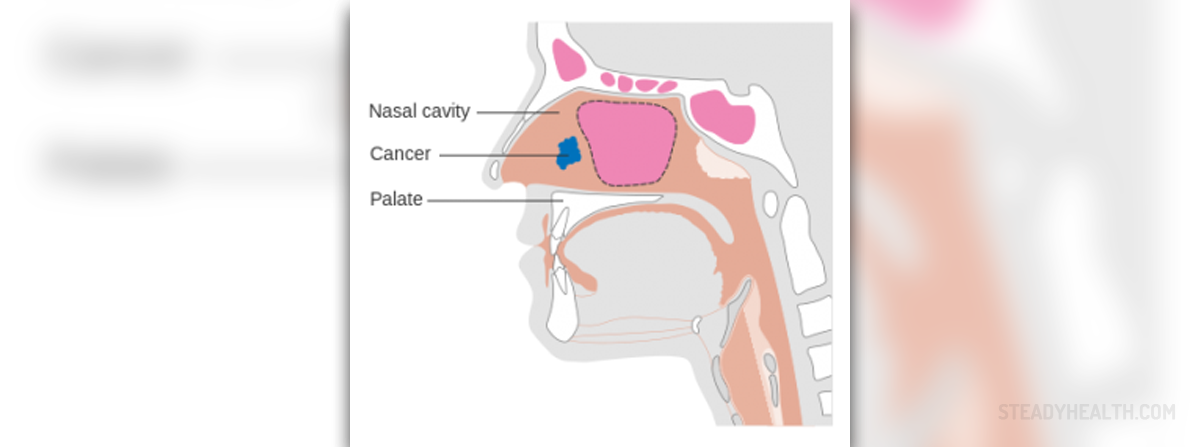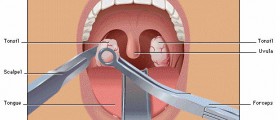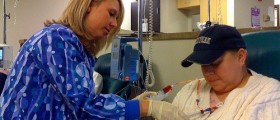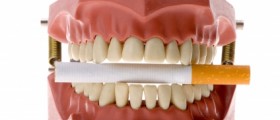
Nasal cancer is caused by uncontrolled cell division in the nasal cavity. There are three main reasons for development of this type of cancer. They include previous infection with Epstein-Barr virus (EBV), diet rich in salted food and genetic predisposition or family history of nasal cancer. Increased risks of nasal cancer is reported among smokers and is associated with occupational exposure to chemicals and dust.
Symptoms of Nasal Cancer
Initial symptoms of nasal cancer are similar to those of common cold or sinus infection. It causes nasal obstruction and sinus congestion. Nasal cancer also leads to mucus coming from the nose and mucus draining into the back of the nose and throat. There is also decreased sense of smell. Frequent bleeding from one side of the nose may also indicate nasal cancer.
The patient with nasal cancer usually has swollen lymph nodes in the neck, suffers from difficulty swallowing and/or eating and hoarseness of voice. Facial paralysis on one side, pain or ringing in the ear as well as hearing loss can be present too.
Nasal cancer is also associated with eye problems such as bulging of an eye, double vision (diplopia), watery eyes and deviation of the eyes. Pain above or below the eye is present too. These problems may eventually lead to partial or complete loss of vision.
Nasal cancer can additionally cause frequent headaches, fullness in sinuses and throat and increased production of saliva. Pain in the upper teeth and loose teeth also indicate nasal cancer. The patient may experience difficulty opening his/her mouth.
As the tumor grows and spreads to other body organs, the sufferer exhibits symptoms of physical weakness and weight loss (cachexia). Patients with advanced nasal cancer also suffer from nausea, vomiting, loss of appetite and anorexia.
Diagnosis and Treatment of Nasal Cancer
An oncologist can diagnose nasal cancer with the help of different tests and procedures. These include physical exam and patient's medical history. Nose, face and neck physical exam can reveal the presence of an abnormal areas and enlarged lymph nodes. X-ray of the head, neck and chest as well as biopsy of the tumor are used to confirm the diagnosis.
Radiation therapy is the most effective treatment for patients with nasal cancer. Chemotherapy can be also used along with radiation therapy. The third treatment option for nasal cancer is surgery which removes the tumor and sometimes neck lymph nodes.
- www.nhs.uk/conditions/nasal-and-sinus-cancer/
- medlineplus.gov/nasalcancer.html
- Photo courtesy of Cancer Research UK by Wikimedia Commons: commons.wikimedia.org/wiki/File:Diagram_showing_stage_T1_nasal_cancer_CRUK_248.svg

















Your thoughts on this
Loading...